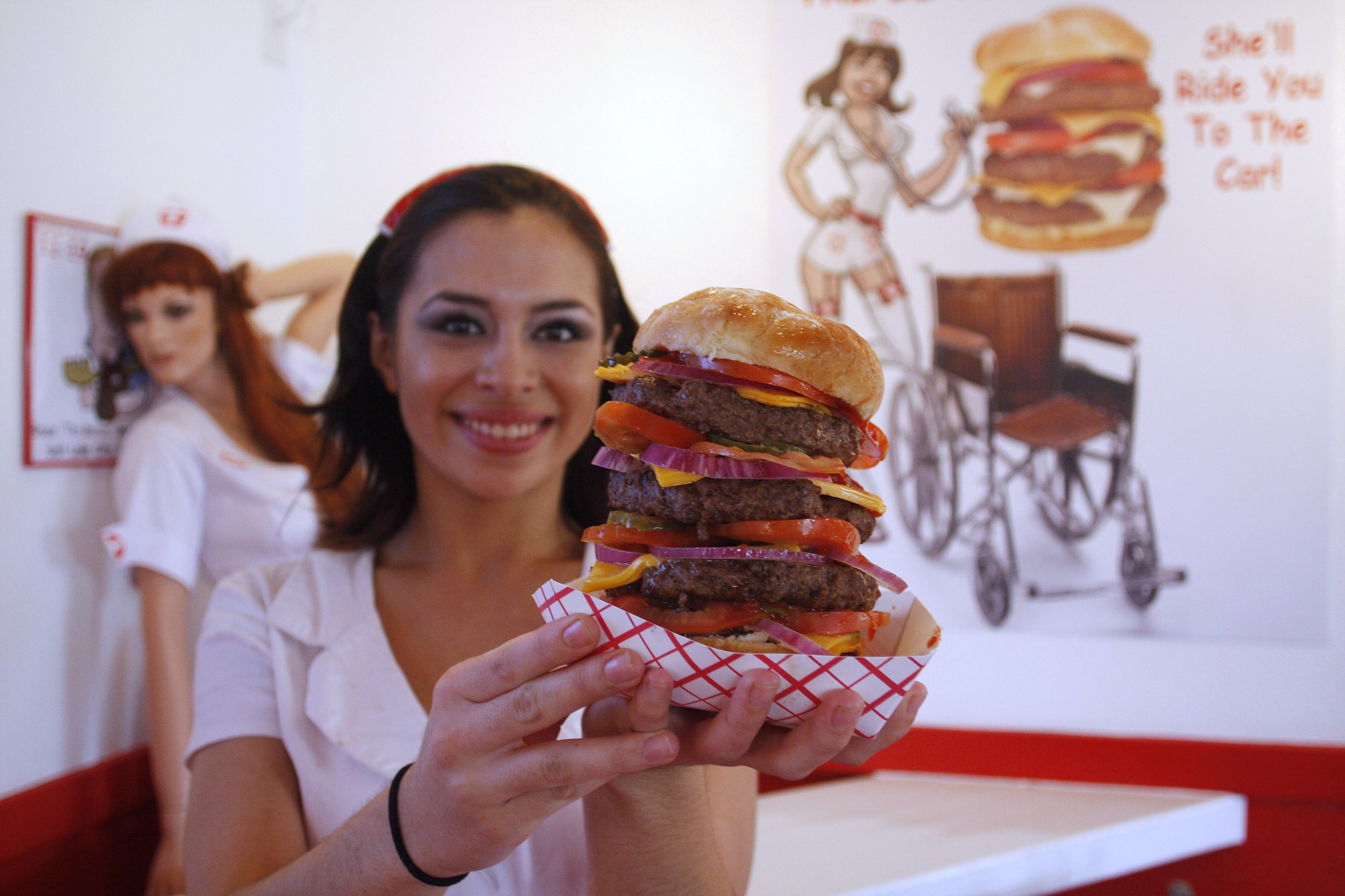
There's an age-old assumption almost cemented as fact in the public consciousness: vegetable fat is healthy fat, while animal fat is just plain old bad for you. It's the reason why some vegetarians quit meat altogether, while many dietitians say avocados are better than beef.
But thanks to a dead scientist who may also have doubled as a hoarder, everything we seem to know about the juxtaposition between fat found in vegetables and animals may actually be a lie. The raw findings of a study conducted nearly 50 years ago and revealed in Tuesday's edition of the medical research journal BMJ shows "the benefits of choosing polyunsaturated fat over saturated fat seem a little less certain than we thought," University of Queensland senior research fellow Lenner Veerman wrote in an accompanying editorial.
Related: How Unhealthy is Processed Meat?
It could prove to be the "gold standard" in a war waging across the nutritional research field. Countless studies seem to directly dispute each other's findings, while critics say sample sizes and quantitative data is often lacking in size and scope. But the previously unreported findings come from the largest study of its kind to dispute the idea that polyunsaturated fat, typically found in vegetable products, is healthier in the long term than saturated fats, found in meats, creams and butter.
Despite the enormous research conducted in Minnesota between 1968 and 1973, involving 9,423 participants institutionalized in mental hospitals or nursing homes, only a single paper was ever published about the study in 1989. The report addressed vegetable oils not reducing the risk of coronary heart disease, though it never indicated animal fats could actually be healthier than polyunsaturated fats for the heart.
But due to a deep dive into a dusty basement spearheaded by the National Institute of Health's Christopher Ramsden, the world—and meat eaters—now have new data to cite when disputing the commonly stated notion. All it took was a jog of the memory, some help from the deceased researcher's children and days of excavating a basement then compiling punch cards and empirical evidence into a language computable by current technology.
"I told him I recalled lots and lots of records, whole chests full of records—IBM [computer] tapes—back in Minnesota," Dr. Ivan Frantz told Ramsden when he began placing inquiries about the missing bevy of research from decades past. Frantz's brother, Dr. Robert Franz, then went searching through their childhood home before reportedly sending him the email subject line "Eureka." It would appear the team of hunters found their treasure: loads of unmarked boxes packed with old documents and computer tapes from their father's study.
The research found that replacing vegetable oils with saturated fats in fact lowered cholesterol levels in participants age 20 to 97 by an average of 14 percent. However, the study had many flaws, and was inconclusive in several aspects: instead of living longer, healthier lives, those who had their cholesterol lowered by replacing vegetable oils had a 22 percent higher risk of dying for every 30-point fall. Nor does it account for the other various types of disease and cancers possible from overeating certain fats.
Still, it's one of the largest to date, and directly contradicts the diet-heart theory; that eating vegetable oils loaded with linoleic acid like corn are less likely to clog the arteries and cause heart attacks than saturated fats from red meat.
"It's impossible to do a perfect trial," University of North Carolina's Dr. Nortin Hadler said. "But this was as good as it got at the time and not bad today. It tested the [diet-heart] hypothesis and rejected it."
Uncommon Knowledge
Newsweek is committed to challenging conventional wisdom and finding connections in the search for common ground.
Newsweek is committed to challenging conventional wisdom and finding connections in the search for common ground.
About the writer
Chris Riotta is a reporter from New York and is a Master's candidate in Journalism at Columbia University. He has ... Read more
To read how Newsweek uses AI as a newsroom tool, Click here.








